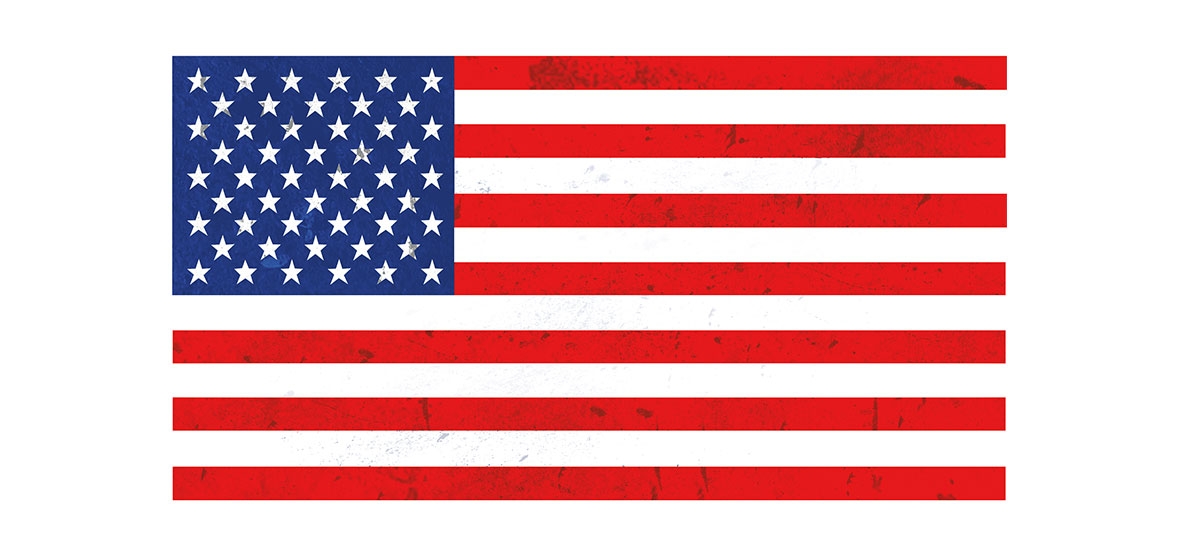On a Pedestal: National Flag Foundation, Clarion Quartet

The National Flag Foundation—What’s in a symbol? One great thing about pittsburgh is that, as long as you may have lived here and made a study of the area, surprises always pop up to greet you. Case in point: Pittsburgh is home to the National Flag Foundation, a nonprofit that is celebrating its 50th anniversary in Pittsburgh this year, appropriately, on June 14—Flag Day.
The sweet spot of this newly revitalized nonprofit is flag education, which, in this era of limited civics education in schools, is a valuable service. The Foundation has been doing this in classrooms for decades but soon will offer a variety of new methods including a downloadable app on its website nationalflagfoundation.org. And its new headquarters Downtown in the Koppers Building will feature an interactive, high-tech Educational Center on the first floor.
We’re putting the Flag Foundation on the pedestal because the time is right to pause and consider the meaning of the American Flag. At a time when so many people are so full of vehement partisan opinion, perhaps there’s wisdom in focusing on what unites rather than divides us.
The flag is certainly one such thing, with a symbolic power that far outstrips the 13 stripes for the original colonies and 50 stars for the states. To many, the flag means liberty and human rights. But to all, from children who grew up reciting the Pledge of Allegiance to veterans who have fought to defend the country, the flag represents the essential power of America.
And that power resides in the mind and what we call the heart. The mind gives rise to ideas, which when coupled with emotion, commitment and action make and remake the human world.
What would Ben Franklin, George Washington and Abraham Lincoln have said the flag meant to them? What does it mean to you? It’s worth considering, because it’s in our collective conception of that symbol—whether vibrant and refreshed or forgetful and fatigued—that the future of our country lies.
The Clarion Quartet—Celebrating forbidden sounds
Nearly three years ago, a group of four Pittsburgh Symphony Orchestra musicians came together to research and ultimately play what Nazi Germany called “degenerate music”—music that often was written by Jewish composers while they were held in concentration camps.
Since then, the Clarion Quartet—violist Tatjana Mead Chamis, cellist Bronwyn Banerdt and violinists Jennifer Orchard and Marta Krechkovsky—has focused worldwide attention on this music by composers such as Viktor Ullmann and Erwin Schulhoff, who ultimately died in concentration camps.
During a PSO European tour, the Quartet travelled to and performed at Theresienstadt Concentration Camp in the present day Czech Republic. The effect was so strong that a German producer independently raised funds to create the Quartet’s first CD—“Breaking the Silence,” which was released earlier this year.
We’re putting the members of the Clarion Quartet on the pedestal for their clarion call to revivify the work of composers, some of whose lives were cut short but whose music is now reaching the world.


